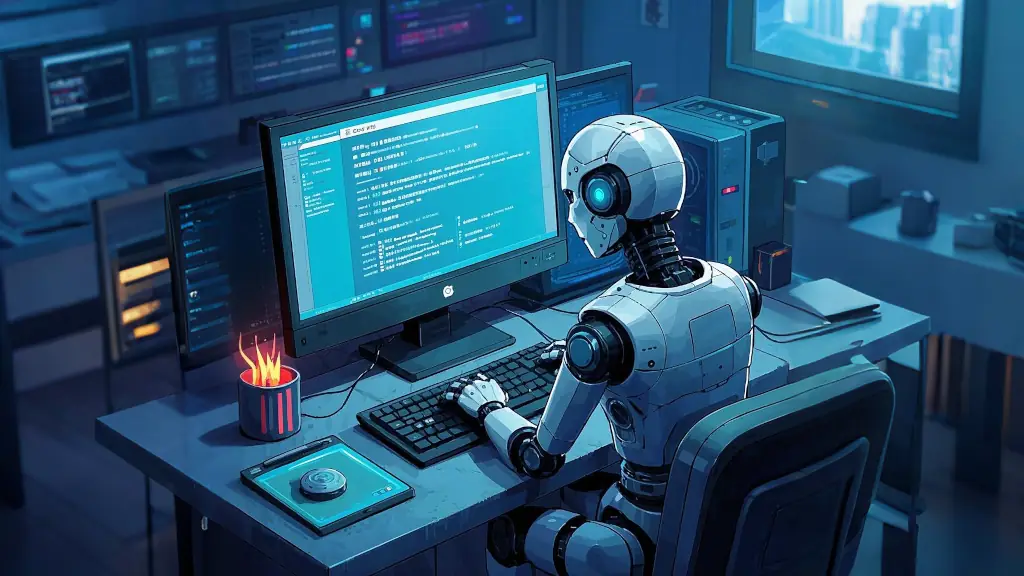In the era of generative AI, where is the future of developers?
Recently, Cursor has garnered widespread attention after an 8-year-old girl developed a chatbot in just 45 minutes, sparking renewed discussions on the potential of generative AI. Meanwhile, in an interview with The New Stack and during a “fireside chat” on September 11th with Civo co-founder and CEO Mark Boost, Kelsey Hightower delved into how generative AI is reshaping the future of developers.
Kelsey Hightower is a well-known tech expert and speaker, renowned for his contributions to cloud computing and open-source technologies. He was a Distinguished Engineer (L9) at Google before retiring in 2023. Hightower played a significant role in the early development of Kubernetes and founded KubeCon, where he was instrumental in promoting Kubernetes. His guide, Kubernetes-The-Hard-Way, is a widely acclaimed resource for learning Kubernetes, and it’s through this guide that I began my journey with Kubernetes.
1 His Views
The Era of Developers Dominating with Technical Skills Alone is Over. Now, developers must focus not only on code but also on real user needs, considering user experience (UX), customer service, and accessibility. Here is what he said:
“If you were a developer, you could have gotten really far in your career with no empathy, no customer service, lack of communication, living in the basement. You hate people, but you love computers. You could have got paid well. That’s over.”
In the past, having strong technical skills alone could lead to a successful career, even if you lacked in communication, management, or personality. In the AI era, this is no longer the case.
The focus of a developer’s career has shifted from just code to the customer. Developers need to understand human-computer interaction and design, using user experience frameworks provided by companies like Apple and Google to incorporate these human-centered designs into software development.
More Opportunities in the Future
While the work of developers might change, those with coding skills will still likely have many opportunities. Companies like McDonald’s may already offer digital experiences (mobile ordering, self-service kiosks), but millions of small chain restaurants worldwide have yet to implement such solutions. This creates new business opportunities for developers to help them digitize.
This is because people’s demands are becoming more personalized. Currently, we tend to do the same things, and this trend of homogenization has peaked. The next generation will seek individuality.
2 My Thoughts and Reflections
In the AI generation, anyone can be a “super individual,” and anyone can be their own company, including developers. With AI generating code, coding is no longer the top priority; user needs, product design, promotion, and marketing are now the most important.
Due to the current environment, more people are becoming freelancers, and freelancers compete on comprehensive strength. In a company, you only need to have a specialty to survive, while your weaknesses can be covered by others. As an independent individual, you rely on AI to cover your weaknesses, but AI can only fill a small part. You still need to develop other abilities. For example, I specialize in backend development, and AI can help me generate frontend code, create interfaces, write marketing articles, and even produce videos, but I still need to handle product design, operations, finance, and legal matters myself, as AI can’t replace that yet.
For decades, people have followed the same life trajectory: school, graduation, work, relationships, marriage, children, buying a house, and a car. Now, this uniformity has peaked, and when something reaches its extreme, it starts to reverse. People are starting to pursue different lives: “lying flat,” traveling, living in seclusion, choosing not to have children, early retirement, and living a unique life.
As people’s needs become increasingly diverse, more niche markets will emerge. In this context, independent individuals will have the opportunity to sustain themselves by catering to these niche demands.



